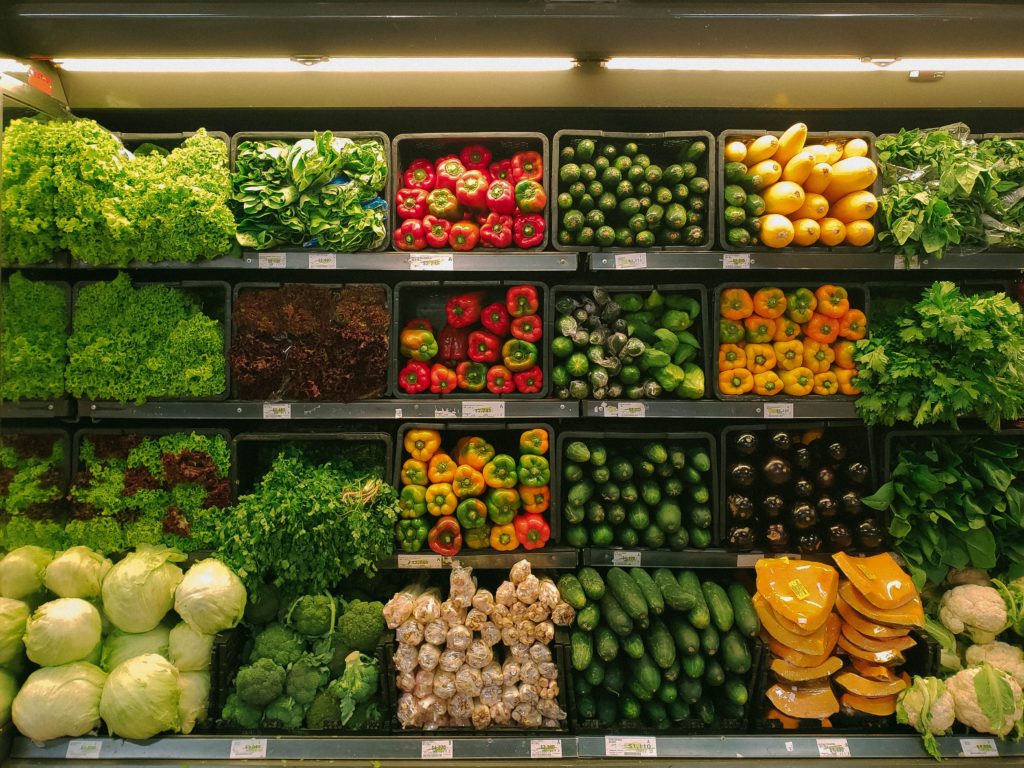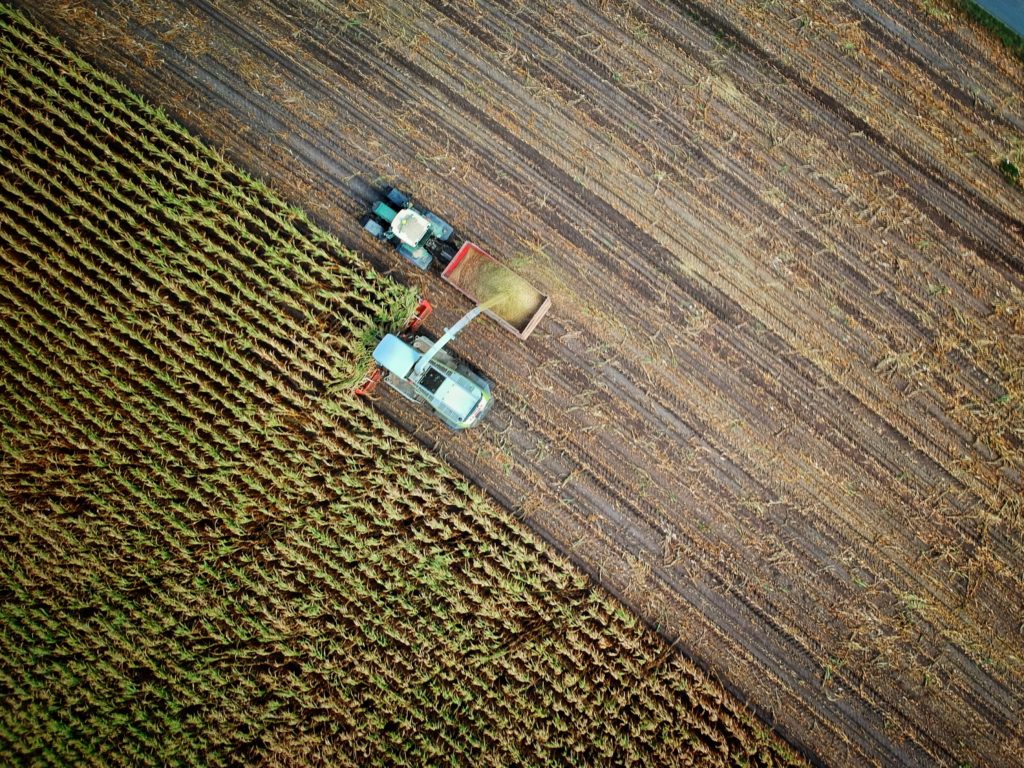Chef José Andrés and George Washington University Partner to Transform Global Food System
4 Mins Read
Chef José Andrés has joined forces with the George Washington University (GW) to establish the Global Food Institute to help fix the food system.
José Andrés, known for his commitment to addressing hunger, poverty, and public health issues, through his restaurants and charitable work with the World Central Kitchen, says the global food system is “experiencing a crisis,” one brought on by “systemic inequities, rampant hunger and poverty, the climate crisis, and deteriorating public health and nutrition.”
But, he says, food also has the power to solve problems. “It can rebuild lives and communities, heal both people and the planet and create hope for the future, but only if we think bigger,” Andrés said in a statement announcing the launch of the Global Food Institute.
He says the new Institute will “reshape how we think about food, break down barriers across industries, politics, and nations, and inspire and empower the next generation to develop systemic solutions that reshape the food system.”
The Global Food Institute
The partnership between Andrés and GW will take a unique and interdisciplinary systems approach, focusing on three key areas: policy, innovation, and humanities. The Global Food Institute will create and improve domestic and global food policies, incubate innovative technologies, and lead critical conversations about the impact of food on humanity.

“We are thrilled to establish in partnership with José Andrés the Global Food Institute — a center that will create new knowledge and shape national and international progress on food system issues,” GW President Mark S. Wrighton said.
The Global Food Institute’s launch is made possible through philanthropic support. José Andrés provided the founding gift, and Nelson A. Carbonell, Jr., Chairman Emeritus of the GW Board of Trustees, and Michele M. Carbonell endowed The Carbonell Family Executive Directorship with a significant commitment of $5 million. Additionally, the Rockefeller Foundation has pledged financial support for the institute.
Its location is also intentional, says GW’s Provost and Executive Vice President for Academic Affairs Christopher Alan Bracey. “GW’s location in the heart of our nation’s capital makes it the ideal place for the brightest minds across disciplines to convene, develop innovative research and solutions and educate the next generation of advocates to drive the food systems change we need,” he said.
Climate change’s impact on the food system
Climate change is putting significant pressure on the global food system, exacerbating existing challenges and creating new ones.
Rising temperatures, shifting rainfall patterns, and extreme weather events are disrupting agricultural productivity and food security worldwide. More frequent and severe droughts, floods, and storms lead to crop failures, disrupted supply chains, and reduced access to nutritious food, particularly for vulnerable populations. Water scarcity resulting from changing precipitation patterns further intensifies the challenges faced by agricultural communities.

Climate change is also altering the nutritional value of crops. Elevated levels of atmospheric carbon dioxide can reduce the nutrient content in plants, affecting human health and leading to malnutrition. Studies suggest higher concentrations of carbon dioxide in plants can reduce their protein, zinc, and iron content. This could leave 175 million people with zinc deficiencies by 2050 and 122 million people may be protein-deficient. Changes in temperature and ocean chemistry also disrupt marine ecosystems, threatening fish stocks and the livelihoods of coastal communities dependent on fishing.
Addressing climate change’s impact on the food system requires comprehensive solutions that prioritize sustainable agricultural practices, resilient food production, and equitable access to nutritious food. The Global Food Institute’s interdisciplinary approach, encompassing research, policy development, and innovative technologies, will make it a crucial player in finding practical, evidence-based solutions to these pressing challenges.
Andrés has put his weight behind a number of sustainable food initiatives including joining the board of directors at Eat Just in 2021. The chef also worked to help feed Ukrainian refugees last year.
“The world we live in today is confronted by a wide range of complex crises, and the global food system sits at the heart of each of them,” Andrés told Axios.
“These challenges, from hunger and poverty to climate change, are immense in scale and require a response to match them,” he said.




